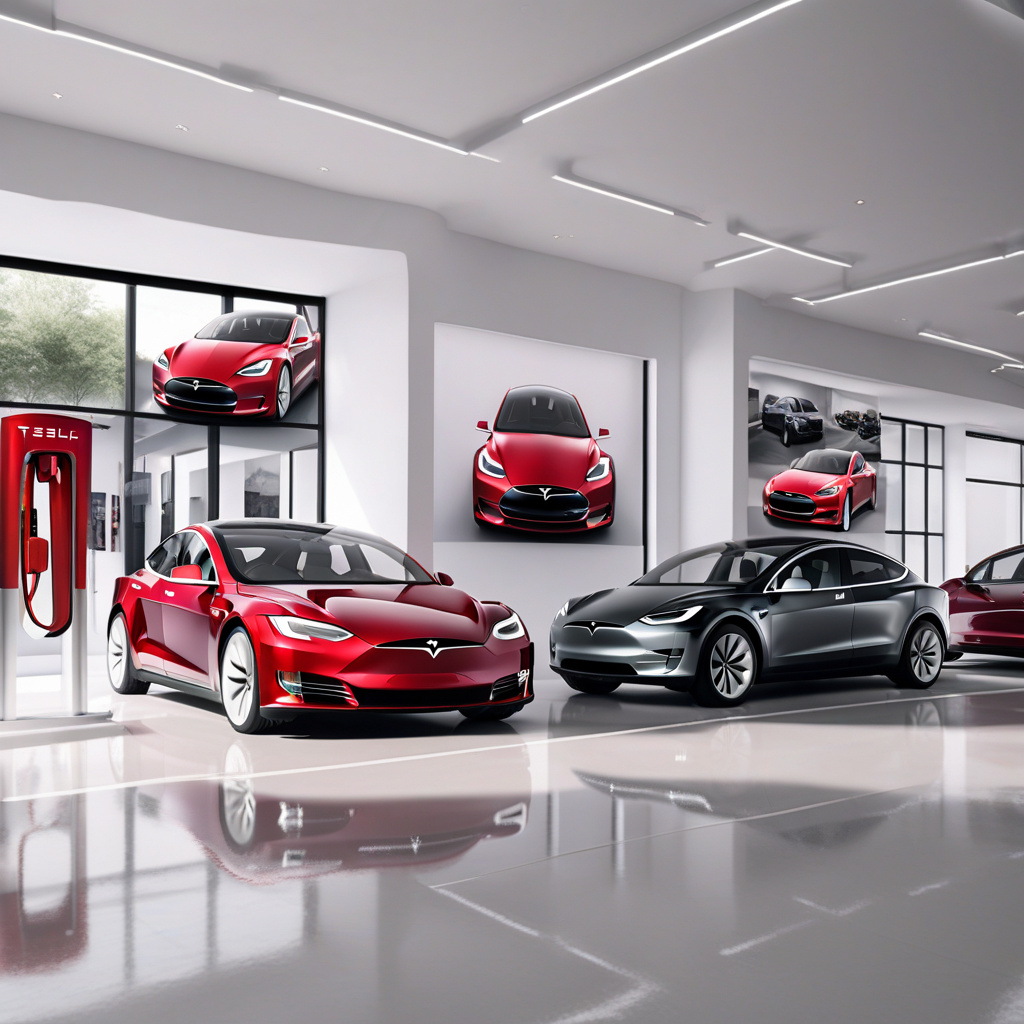Title: The Tesla Conundrum: Sales Drop Amidst Rising EV Trend in the UK, France, and Germany
In the dynamic landscape of electric vehicles (EVs) in the UK, France, and Germany, a fascinating trend has emerged – while EV sales are on the rise, Tesla seems to be facing a downturn in these key markets. This shift in the EV market dynamics raises questions about Tesla’s positioning and strategies amidst increasing competition and evolving consumer preferences.
In recent years, the push towards sustainable transportation has gained significant traction, with more consumers opting for EVs to reduce their carbon footprint and embrace greener alternatives. Governments in the UK, France, and Germany have also been incentivizing EV adoption through subsidies and infrastructure development, further fueling the growth of the EV market in these regions.
However, amidst this overall growth in EV sales, Tesla appears to be experiencing a decline in its sales figures. This trend is particularly noteworthy given Tesla’s pioneering role in popularizing electric vehicles and setting the benchmark for performance and innovation in the industry. So, what could be contributing to Tesla’s sales plummet in these key European markets?
One possible factor could be the intensifying competition in the EV sector. With traditional automakers and new entrants rolling out their electric models, consumers now have a wider array of choices when it comes to EVs. Brands like Volkswagen, Renault, and BMW have been aggressively expanding their EV portfolios, offering compelling alternatives to Tesla’s vehicles.
Moreover, concerns around Tesla’s pricing strategy and availability of more affordable EV options in the market could also be influencing consumer decisions. As more players enter the EV space, pricing dynamics are shifting, making EVs more accessible to a broader range of consumers. This increased affordability factor could be drawing customers away from Tesla towards other competitive offerings.
Additionally, the charging infrastructure and range anxiety issues, which have been significant barriers to EV adoption in the past, are gradually being addressed by improved charging networks and advancements in battery technology. This means that consumers now have more confidence in the practicality and convenience of owning an EV, making the decision to switch from traditional vehicles easier.
In light of these market dynamics, it becomes crucial for Tesla to reassess its strategies and offerings to stay competitive in the evolving EV landscape. By focusing on factors such as pricing, product range, and customer experience, Tesla can potentially regain its foothold in the UK, France, and Germany and capitalize on the growing EV trend in these markets.
As the EV market continues to evolve, adaptability and innovation will be key for players like Tesla to navigate the changing landscape successfully. By staying attuned to consumer preferences, market trends, and competitive dynamics, Tesla can position itself strategically to not only recover from the current sales decline but also thrive in the burgeoning EV market in the UK, France, and Germany.

